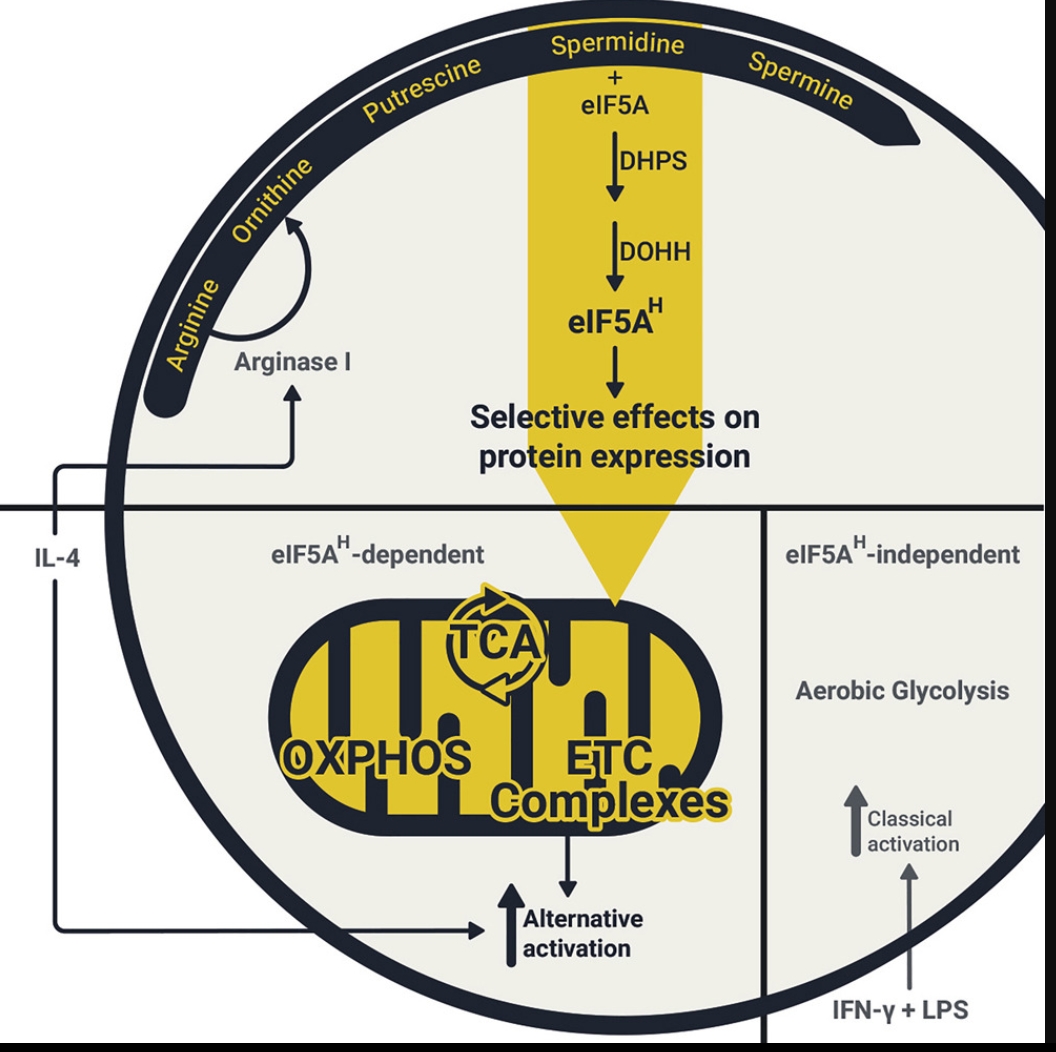Autophagy, spermidine and vitamin D
NFS Journal Volume 20, August 2020, Pages 10-21
Spermidine is a metabolite of polyamines which are delivered through the diet and partially metabolized by colon bacteria from undigested proteins. Polyamines can influence macrophages development into pro-inflammatory or anti-inflammatory type by altering cellular metabolism and triggering mito- and autophagy [186]. The capacity of spermidine to ensure proteostasis through the stimulation of the cytoprotective autophagy is acknowledged as one of its main features.
Recently, the effect of spermidine on autophagy in SARS-CoV-2 infected cells which results in inhibition of autophagy has been described [187]. Since spermidine promotes autophagy, spermidine and other agents may be a therapeutic approach to SARS-CoV-2 infection.
With regard to the specific risk of elderly to develop severe course of SARS-CoV-2 infection, it is interesting to note that spermidine concentrations in organs and cells decline with age and resulting in a decrease of autophagy [188]. Consumption of LKM512 yogurt increases spermidine synthesis in the gut in elderly [189]. Whether that has any impact on supply of spermidine to enterocytes or other tissues remains to be elucidated. Spermin and spermidine but not putrescine another polyamine metabolite can activate VDR in vitro within their physiological intracellular concentrations [190]. Vitamin D and VDR play an important role in autophagy. Vitamin D can induce autophagy similar to spermidine by inhibiting mTORC1 complex activation [191] and by increasing Beclin-1 expression, similar to spermidine [192].














